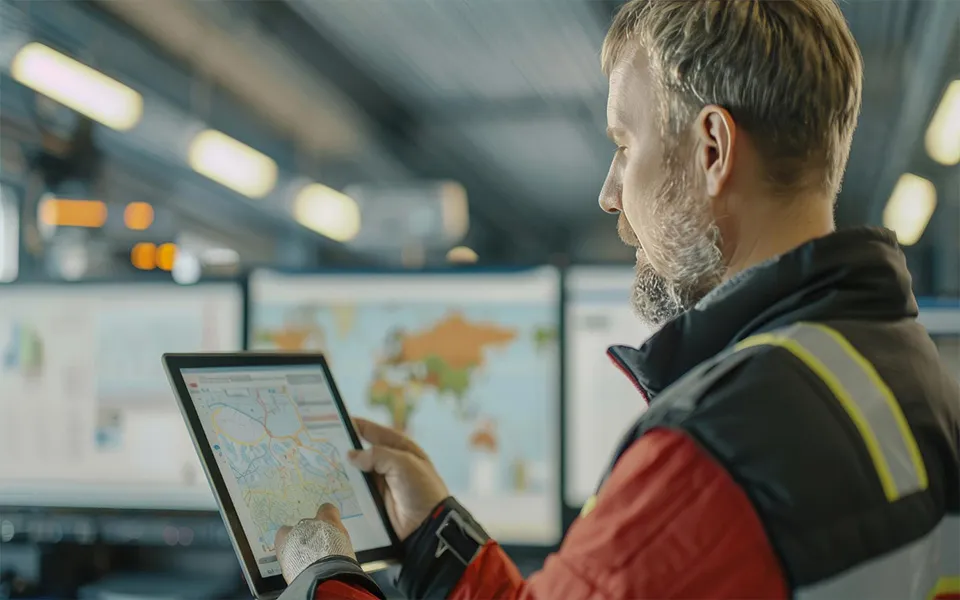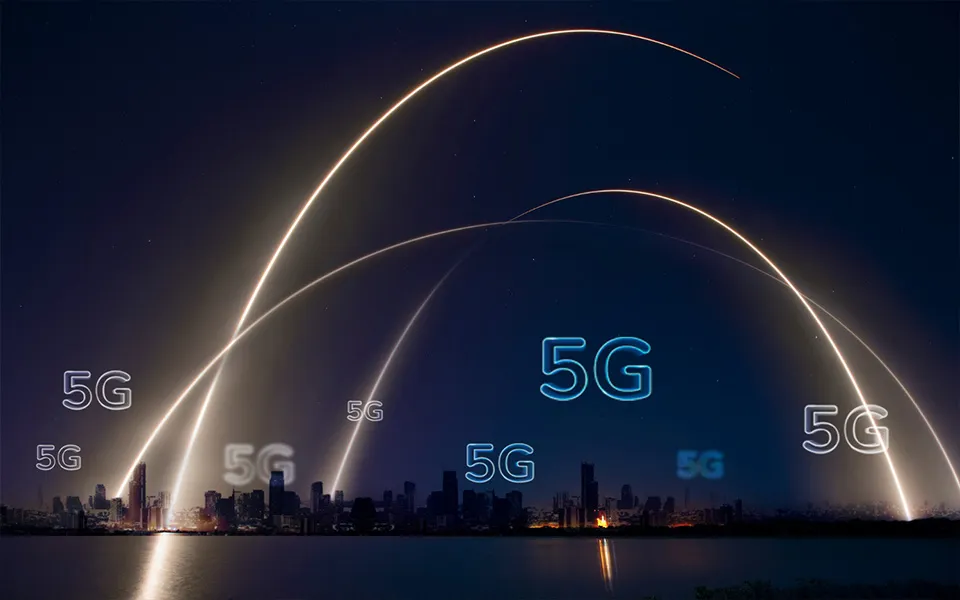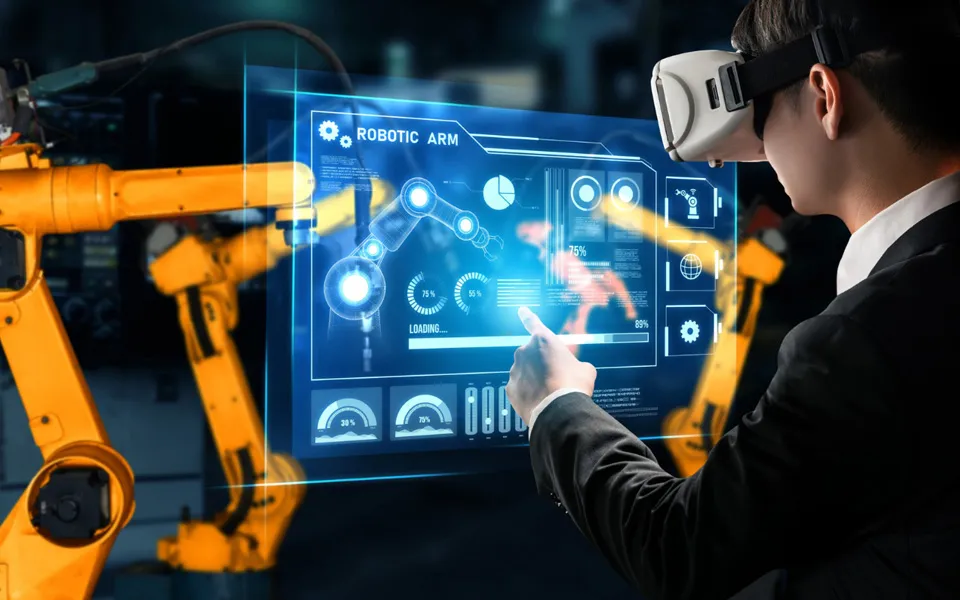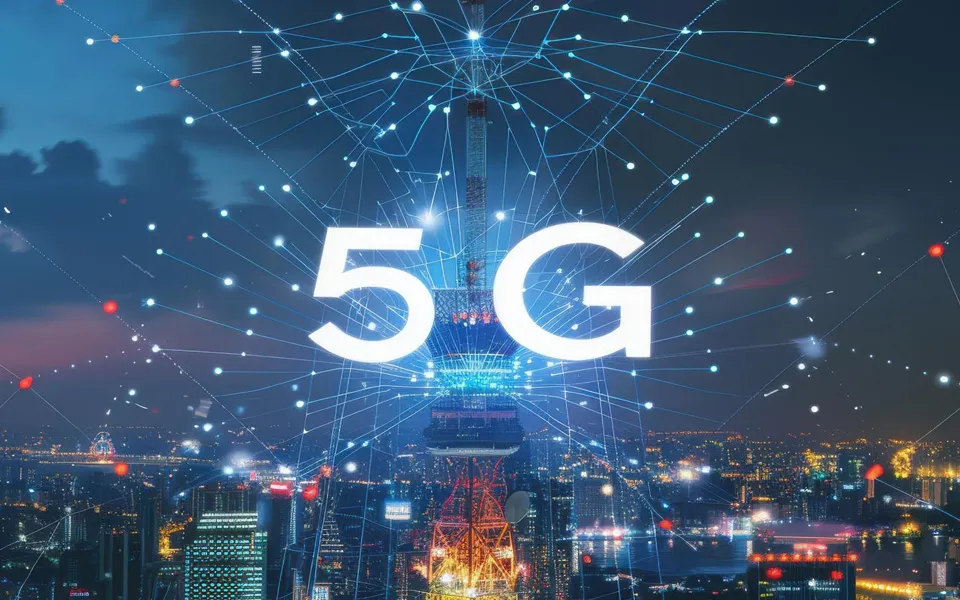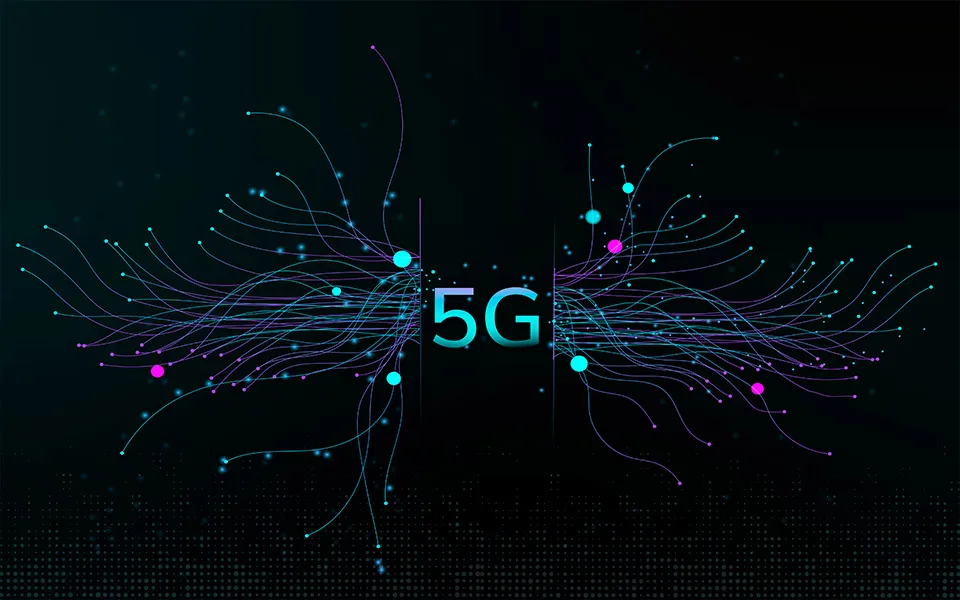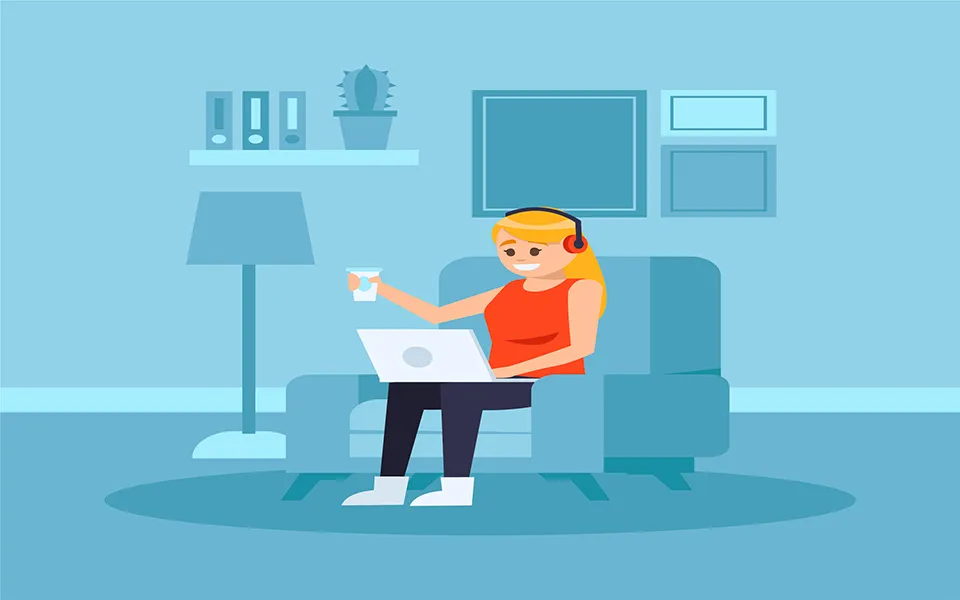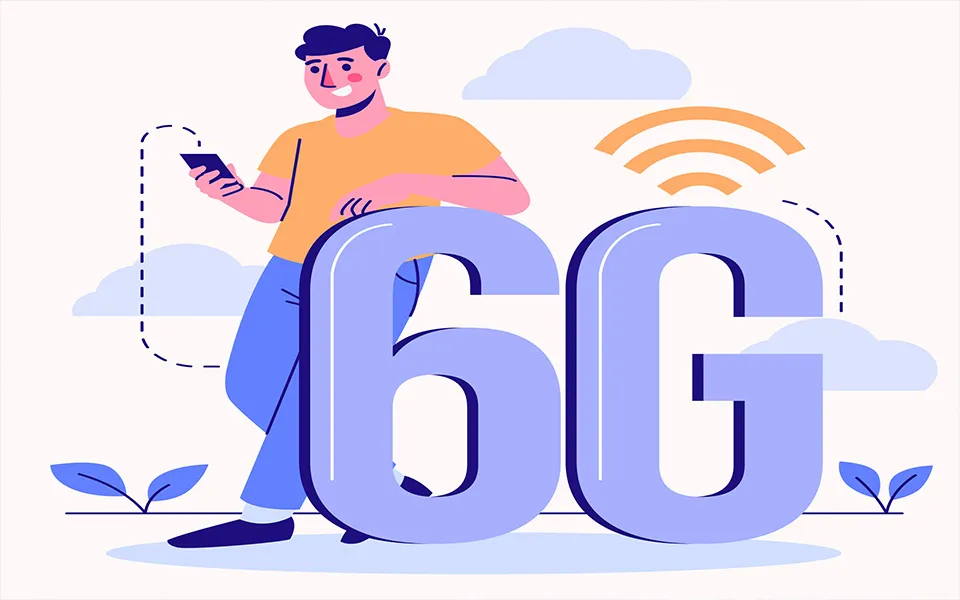Solar Energy and IoT: Revolutionizing Energy Management
The convergence of solar energy and the Internet of Things (IoT) is creating new opportunities for efficient energy management and control. By integrating IoT devices with solar energy systems, both agricultural and residential sectors can achieve higher levels of operational efficiency, energy savings, and sustainability. This article explores the various applications of solar energy combined with IoT, providing in-depth insights into their implementation and benefits. Additionally, we will discuss how Horizon Powered Connectivity Devices can enhance the connectivity and management of these IoT devices through industrial and residential routers, outdoor CPEs, and surveillance cameras.
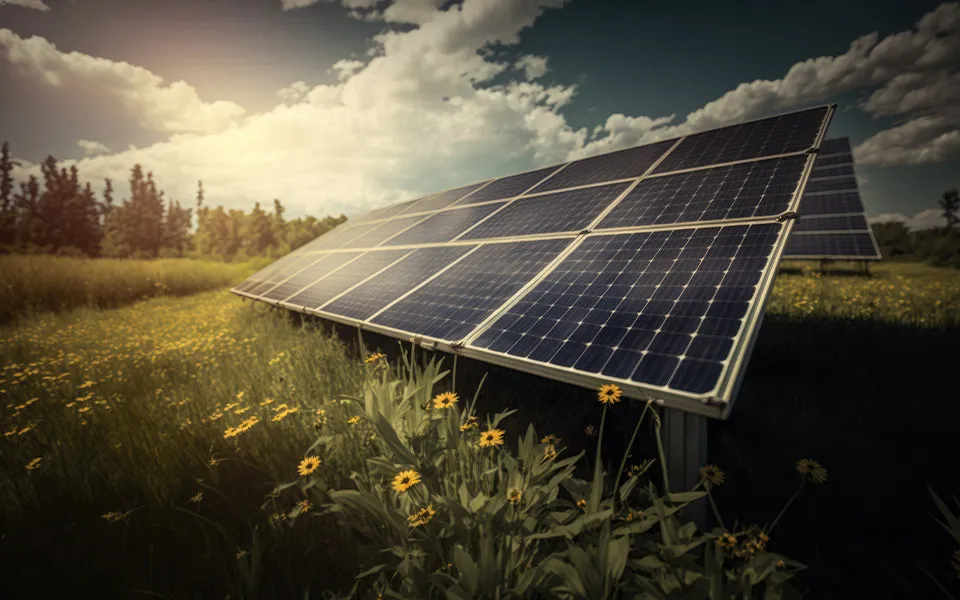
Introduction to Solar Energy
Solar energy, harnessed from the sun’s rays, is a renewable and sustainable source of power. It is captured using solar panels and converted into electricity that can be used for various applications. The use of solar energy has grown exponentially due to its environmental benefits and the decreasing costs of solar technology.
Advantages of Solar Energy
- Renewable and Sustainable: Solar energy is inexhaustible and reduces dependence on fossil fuels.
- Environmentally Friendly: It produces no greenhouse gas emissions during operation.
- Cost-Effective: Once installed, solar panels have low operational costs.
- Energy Independence: Reduces reliance on grid power and enhances energy security.
Introduction to IoT
The Internet of Things (IoT) refers to the network of interconnected devices that communicate and exchange data over the internet. These devices range from simple sensors to complex systems that can monitor and control various parameters in real-time.
Benefits of IoT
- Real-Time Monitoring: Provides continuous data on system performance.
- Remote Control: Allows for management and control of devices from anywhere.
- Data-Driven Insights: Helps in making informed decisions based on collected data.
- Automation: Enhances efficiency through automated processes and responses.
Solar Energy for Agriculture
Agriculture is one sector where the integration of solar energy and IoT has shown significant promise. The combination of these technologies helps farmers optimize their operations, reduce costs, and increase crop yields.
Solar-Powered Irrigation Systems
Solar-powered irrigation systems use solar panels to generate electricity, which is then used to pump water for irrigation. When integrated with IoT devices, these systems can be monitored and controlled remotely.
IoT in Solar Irrigation
- Soil Moisture Sensors: Measure soil moisture levels and send data to a central system.
- Weather Stations: Monitor weather conditions to optimize irrigation schedules.
- Automated Pumps: Activate or deactivate pumps based on soil moisture and weather data
Benefits
- Water Conservation: Optimizes water usage by irrigating only when necessary.
- Energy Efficiency: Reduces reliance on grid power or diesel generators.
- Increased Crop Yield: Ensures crops receive the right amount of water at the right time.
- Agriculture is one sector where the integration of solar energy and IoT has shown significant promise. The combination of these technologies helps farmers optimize their operations, reduce costs, and increase crop yields.
Solar-Powered Irrigation Systems
Solar-powered irrigation systems use solar panels to generate electricity, which is then used to pump water for irrigation. When integrated with IoT devices, these systems can be monitored and controlled remotely.
IoT in Solar Irrigation
- Soil Moisture Sensors: Measure soil moisture levels and send data to a central system.
- Weather Stations: Monitor weather conditions to optimize irrigation schedules.
- Automated Pumps: Activate or deactivate pumps based on soil moisture and weather data.
Benefits
- Water Conservation: Optimizes water usage by irrigating only when necessary.
- Energy Efficiency: Reduces reliance on grid power or diesel generators.
- Increased Crop Yield: Ensures crops receive the right amount of water at the right time.
Solar Energy for Residential Use
Residential solar energy systems provide homeowners with a sustainable and cost-effective way to power their homes. When coupled with IoT devices, these systems can be managed more effectively, leading to greater energy savings and convenience.
Smart Solar Panels and Batteries
Modern solar panels and battery storage systems can be equipped with IoT devices to monitor performance and usage.
IoT in Residential Solar Systems
- Smart Meters: Track energy production and consumption in real-time.
- Energy Management Systems: Optimize energy usage by prioritizing critical loads.
- Remote Monitoring: Allows homeowners to monitor system performance from their smartphones.
Benefits
- Energy Savings: Optimizes energy usage to reduce utility bills.
- Enhanced Reliability: Provides backup power during grid outages.
- Environmental Impact: Reduces carbon footprint and promotes sustainability.
Horizon Powered Connectivity Devices
As the number of IoT devices in solar energy systems increases, reliable connectivity becomes crucial for effective management and control. Horizon Powered Connectivity Devices provide robust solutions for connecting and managing these IoT devices.
Industrial and Residential Routers
Industrial and residential routers from Horizon Powered like Horizon IR2005G, i272, i282, i282 Pro, HZ51 etc., offer reliable and high-speed internet connectivity, essential for seamless communication between IoT devices and central management systems.
Features
- High Throughput: Ensures data is transmitted quickly and efficiently.
- Robust Security: Protects against cyber threats with advanced security protocols.
- Remote Management: Allows for remote configuration and troubleshooting.
Outdoor CPEs
Horizon Powered Outdoor Customer Premises Equipment (CPEs) like Horizon 25005G, 2100F12, 2400F40 are designed to provide wireless connectivity in challenging environments, making them ideal for agricultural and remote residential applications.
Features
- Weather Resistance: Built to withstand harsh outdoor conditions.
- Long-Range Connectivity: Provides reliable internet access over large areas.
- Easy Installation: Simplifies setup and deployment.
Surveillance Cameras
Horizon Powered Surveillance cameras. like Horizon CC1005G, integrated with IoT capabilities can enhance the security and monitoring of solar energy systems.
Features
- Real-Time Monitoring: Provides live video feeds for immediate situational awareness.
- Motion Detection: Alerts users to potential security threats.
- Remote Access: Allows users to view camera feeds from anywhere.
Conclusion
The integration of solar energy and IoT is transforming the way we generate, manage, and consume energy. By leveraging IoT devices, both agricultural and residential sectors can achieve greater efficiency, cost savings, and sustainability. Horizon Powered Connectivity Devices play a crucial role in ensuring reliable connectivity and effective management of these IoT devices, enhancing the overall performance and reliability of solar energy systems. As technology continues to advance, the synergy between solar energy and IoT will undoubtedly drive further innovations and improvements in energy management.

